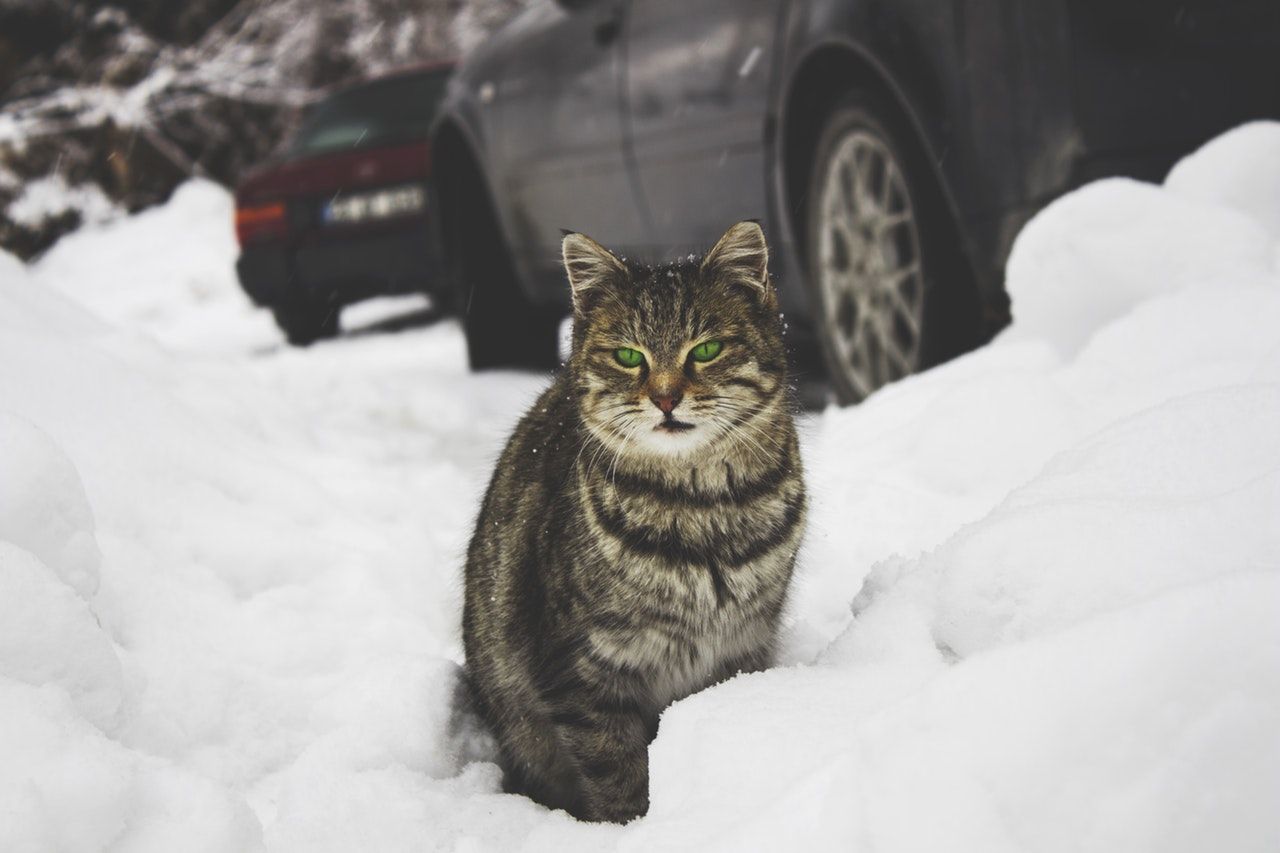Not everyone is lucky enough to live in a State with relatively consistent weather and temperatures. Just as humans change their behavior and diet with fluctuations in temperature, so do most animals. Here are our guidelines for seasonal care for your pets.
Winter
If temperatures plummet and your pet usually likes to spend most of its time outdoors try and persuade them to stay indoors in the warm instead. If circumstances mean that your pet has to be kept outdoors then take steps to ensure that they are as warm and comfortable as possible. This means providing them with a dry and draft-free shelter with plenty of extra blankets. You should also regularly check their water supply to ensure that it hasn’t frozen.
If the ground is covered with snow, ice or just extremely cold then you may want to consider animal booties. These are widely available from most pet stores.
Be prepared to see a change in your pet's eating habits. Outdoor pets tend to require extra food. They burn this extra food to help keep them warm. Indoor pets are likely to eat far less as they conserve energy by sleeping more.
Keep your pets away from antifreeze. Unfortunately, it smells and tastes delicious to dogs and cats, but even the smallest sip can be deadly. Keep pets out of garages and outbuildings and clean up any spillages as soon as they happen. Speak to your neighbors about the dangers and ask them to ensure that any antifreeze they have is securely stored and that they too clean up any spillages that may occur. If your pet acts as if they are drunk or begins to convulse then take them to a vet immediately.
Check under the hood of your car before starting the engine. Many cats like to sneak under the hood of a vehicle once you have gone inside so that they can curl up against the warm engine. If you are unable to open the hood then a firm tap on it should be sufficient to wake any sleeping cat.
Ensure that rabbit hutches are brought inside. If this isn’t possible then ensure that you put extra newspaper in for insulation. Again, check their water source to ensure that it isn’t frozen.







